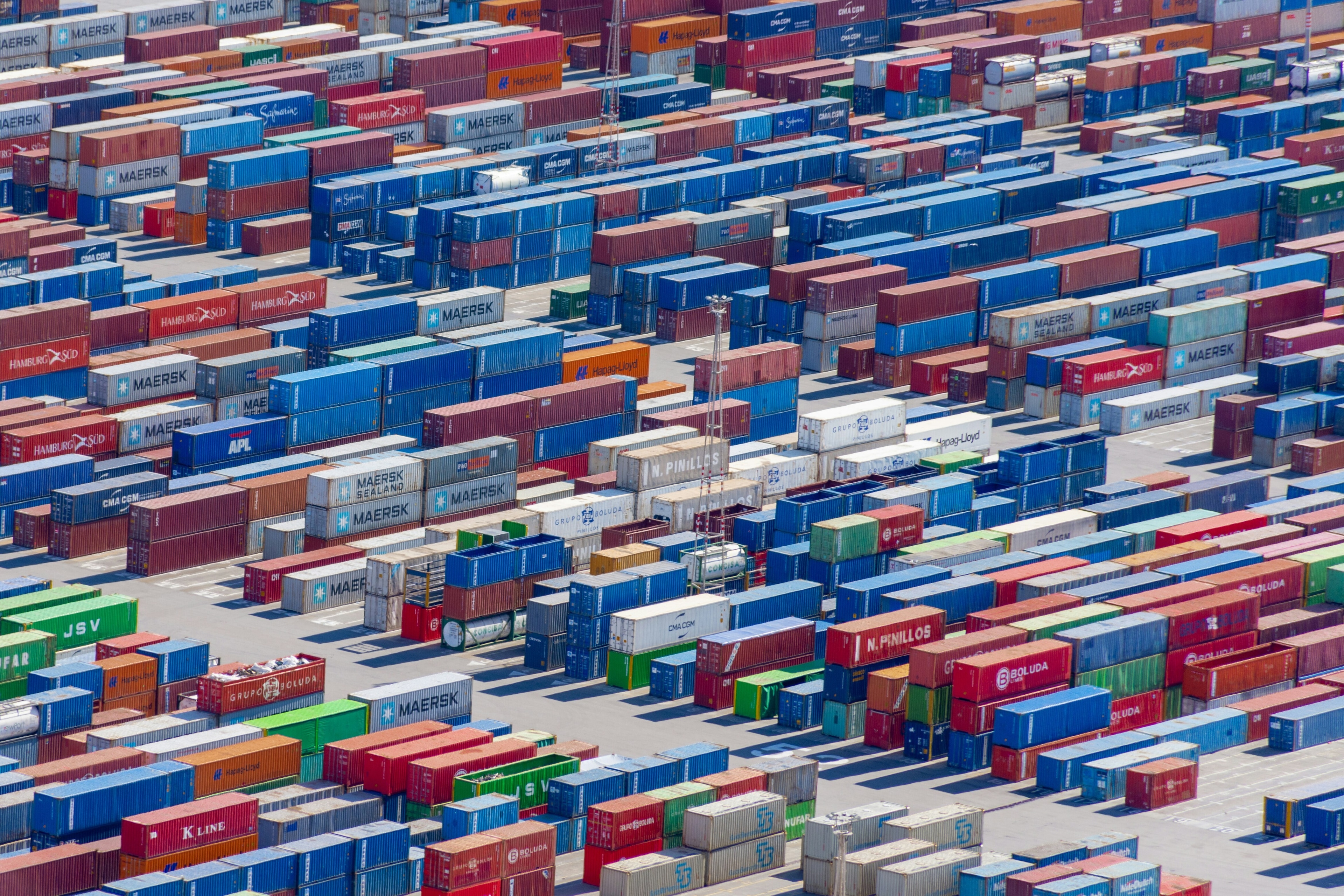Black Friday - Consumers are still shopping but searching harder for bargains

Black Friday shopping is earlier than usual this year Image: UNSPLASH/freestocks
Listen to the article
- This year there are specific challenges to the traditional festive gift-buying season.
- Despite inflation and shortages, Black Friday sales are rising in countries free of lockdowns.
- The bad news for retailers is that customer loyalty is waning in the search for bargains.
'Tis the season to go shopping. As a slew of holidays and festivals crowd the end of the calendar year, consumers tend to spend more. But 2021 poses challenges to traditional festive gift-buying trends.
This year, the flow of products into the shops and online retailers is being disrupted by widely publicized supply chain problems. In the United States, container ships are still queuing for access to the West Coast ports.
Meanwhile, inflation is on the rise and some countries are experiencing a shortage of truck drivers. In the European Union, new lockdowns in response to surging case numbers are also posing challenges to retailers.
But some shortages that were forecasted have either failed to materialize or have been less acute than feared, thanks largely to both retailers and shoppers starting their seasonal buying earlier than usual.
Singles’ Day
Black Friday, now a fixture in the retail calendar around the globe as well as its native US, has morphed from a single day of price reductions to a month-long festival of special offers. But the first of the annual shopping festivals to arrive in the calendar is China’s Singles’ Day.
Described by Forbes magazine as the biggest shopping event in the world, Singles’ Day - 11 November - saw record sales again this year.
Forbes reported that leading online retailers Alibaba and JD.com posted an increase in gross sales of 8.4% and 28.6% respectively compared to 2020.
Like Black Friday, the 11/11 shopping bonanza has grown into a month-long festival with pre-sales starting on 20 October.
Growing confidence
A survey of 2,100 Black Friday shoppers in the US by McKinsey predicts that fourth quarter retail sales in the US will be 7% higher than 2020 and 9% above the level for 2019, before the pandemic started.
But the way people are choosing to buy Black Friday bargains is also changing. Loyalty to particular sales channels - physical shops versus online - is weakening and “omnichannel” shoppers are buying earlier than usual to avoid shortages, says McKinsey.
“They’re also more willing than ever to switch brands or retailers, especially when items are unavailable,” says the firm. The decline in brand and retailer loyalty means retailers need to do more to meet consumers’ demands despite supply and labour challenges.
McKinsey also found that social media is now the biggest single influence on US consumers’ holiday buying decisions. In the case of younger buyers, social media inspires 80% of their purchases.
What is the World Economic Forum doing about digital trade?
In the UK, where consumers face rising taxes and inflation, the British Retail Consortium reported sales 1.3% higher for October than 12 months ago and said shoppers were returning to physical stores with online sales down on the month.
Taking it in their stride
S&P Global reported in November that world supply chains remain disrupted by soaring demand and shortages of workers, which the firm said was increasing freight costs. However it added that companies had brought forward orders to cope with holiday shopping demand.
“Global non-financial corporates appear to be taking supply chain disruptions and soaring cost inflation in their stride,” said the firm in a 22 November update on global trade. Companies were able to pass on cost increases and S&P forecast that retailers’ 2021 profits would hit a record high.
The World Economic Forum’s Global Competitiveness Report 2020 foresaw the long-term impact of the pandemic on supply chains and called on business leaders and governments to lay the foundations for “strategic local resilience in supply chains”.
But, while KPMG said large consumer discounts were unlikely to be on offer in the UK, Dubai’s Khaleej Times reports that discounts of as much as 70% and 90% are on offer to shoppers in the UAE.
Visa’s Spending Momentum Index, which monitors consumer behaviour through millions of transactions worldwide, showed a rebound in consumer confidence as the 2021 holiday spending season got underway.
It remains to be seen whether confidence alone will overcome the challenges to this year’s busiest retail season.
Don't miss any update on this topic
Create a free account and access your personalized content collection with our latest publications and analyses.
License and Republishing
World Economic Forum articles may be republished in accordance with the Creative Commons Attribution-NonCommercial-NoDerivatives 4.0 International Public License, and in accordance with our Terms of Use.
The views expressed in this article are those of the author alone and not the World Economic Forum.
Stay up to date:
Future of Consumption
Forum Stories newsletter
Bringing you weekly curated insights and analysis on the global issues that matter.
More on Supply Chains and TransportationSee all
Isabel Cane and Rob Strayer
November 13, 2025










